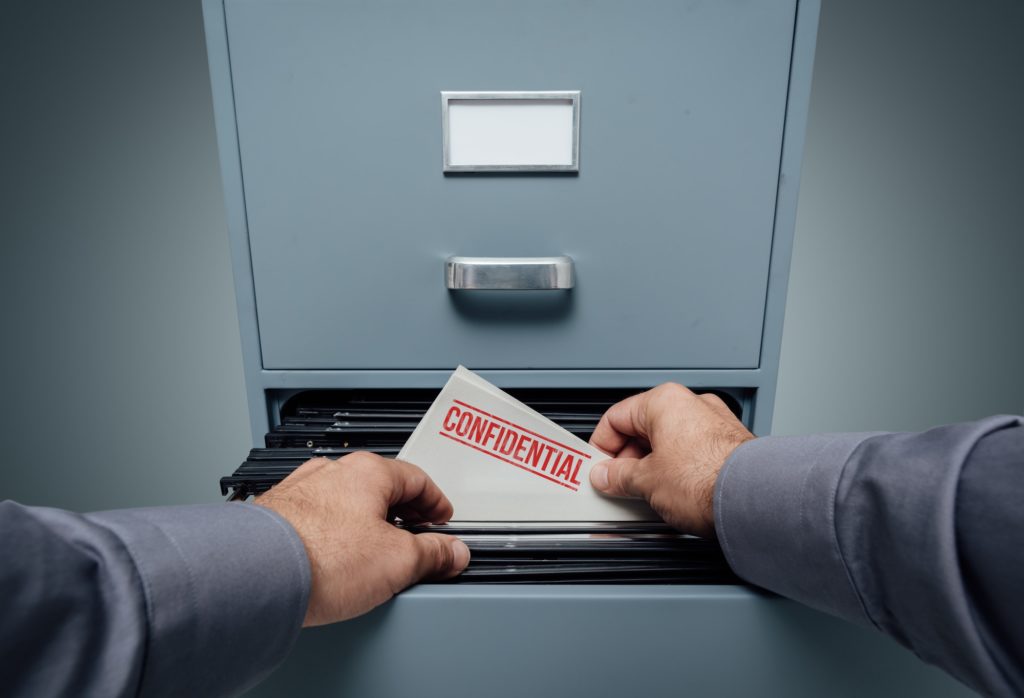Five years ago, when the Guardian published the first of the classified documents stolen by Edward Snowden, the world changed. That was a turning point in history, when people had a rude awakening into just how massive, and intrusive the government’s surveillance was.
While there are mixed reactions concerning the man, with some calling him a traitor and others a hero, there is little doubt that he marked a revolution. After five years, it is time to review the state of affairs and look at things objectively.
The Ugly
The worst outcome after the Snowden leaks is that there has been no positive gain in legislation. Any efforts that were made to limit the surveillance powers of intelligence organizations immediately after have all been canceled out with new laws.
Even after the massive exposure of surveillance programs such as PRISM, XKeyscore, Tempora and over a dozen others, the responsible governments are still complacent.
The British Government, for instance, has been very vocal in its desire not only to continue but also increase mass surveillance. In 2016 they passed the Investigatory Powers Act, a bill that Snowden himself termed as “the most extreme surveillance in the history of western democracy”.
Instead of making efforts to reduce the scale of mass surveillance, governments are only using tailor-made legislation to circumvent anti-surveillance legislations.
Take, for instance, the notorious Section 702 of the FISA act, which permits US intelligence agencies to spy on foreigners. While the bill doesn’t directly authorize the surveillance of Americans directly, it allows for the targeting of foreign intelligence, which may target Americans themselves.
The steps made after Snowden’s revelations now seem like they were meant to appease the public and have them shut a blind eye to the hard truths they faced. With the death of Net neutrality, thanks to inadequate legislation, it would seem that the situation is only growing worse.

The Bad
While not as awful as the poor legislative action, it is heart-wrenching to see that there are still those who remain supportive of mass surveillance despite the lack of transparency and accountability.
Regardless of the overwhelming evidence in the Snowden leaks, there are still those who remain ignorant of their vulnerability and the dangers of mass surveillance.
Although mass surveillance doesn’t differentiate friend from foe, claims made by the government that it’s for public protection still gunner support.
The lack of clear laws protecting internet privacy five years after Snowden shows that governments and associated corporations have no intentions to give up on their surveillance efforts. Net neutrality would have made privacy a reality and such legislation being shot down proves that there’s still a long way to go.
There is little evidence of transparency and accountability from governments concerning mass surveillance programs. Without the necessary oversight, it is hard to accept that any efforts made by intelligence agencies are in our best interests.
Shortly after the Snowden leaks, there was a push for greater transparency from intelligence organizations, but none was forthcoming. Alarmingly, the desire for that seems to have died down. It’s a disappointment to note that if these organizations are proven to have broken the laws by extreme margins, there are no apparent repercussions.
This raises questions as to whether intelligence organizations are too powerful for the government to control or if they are tools used by few within the government.
The Good
The best aspect of the Snowden leaks is that although we are powerless, most of us are no longer ignorant.
We have come to accept our weaknesses and are looking for ways to cover for such inadequacies. For instance, we understand the strengths and weaknesses of most cybersecurity tools and how to use them to protect our internet privacy and freedom.
As it stands, combining more than one cybersecurity tool is the best way to ensure internet privacy and security. For instance, using both VPN and Tor makes use of two of the most powerful privacy and anonymity tools available. The VPN covers for the lack of encryption in Tor while Tor builds on the anonymity feature of VPNs. Additionally, you should use the Tails OS, designed with privacy and security in mind.
Thanks to Snowden exposing hacks into technology companies such as Google and Facebook, there has been more due diligence with companies focusing more on client privacy.
There has been an overall growth in the acceptance and adoption of encryption techniques by tech companies. More importantly, companies are more resolved to battle it out in the courts when necessary. An example is Apple taking on the FBI more than once and refusing to divulge client information.
Another notable example is ExpressVPN, which was adamant in the protection of its clients’ information. This despite the seizure of a server by Russian authorities in the investigation of the assassination of Andrei Karlov. It was proven that the VPN doesn’t store connection or activity logs, meaning that its security and privacy were absolute. Additionally, it is based out of the British Virgin Islands which puts it out of reach of judicial strongarm techniques.
Organizations such as the Electronic Frontier Foundation (EFF), Fight For The Future (FFTF), and Access Now have more significant support than ever before in their fight for online privacy. These advocacy organizations are at the forefront of the legal battle for internet freedom. There have been significant efforts in trying to get governments to recognize their wrongdoings and come up with better legislation.
The Takeaway
There has been significant change five years after Snowden, and this is only the beginning. Although there’s very little stride on the legislative front, there are still plenty of improvements in areas such as personal security and tech company security.
Now that the deep dark secrets are out, people are adapting to the situation and making as many improvements to their security as possible. Ultimately, it falls on us to protect our internet privacy, rights, and freedoms.
This article was contributed to us by TechWarn

